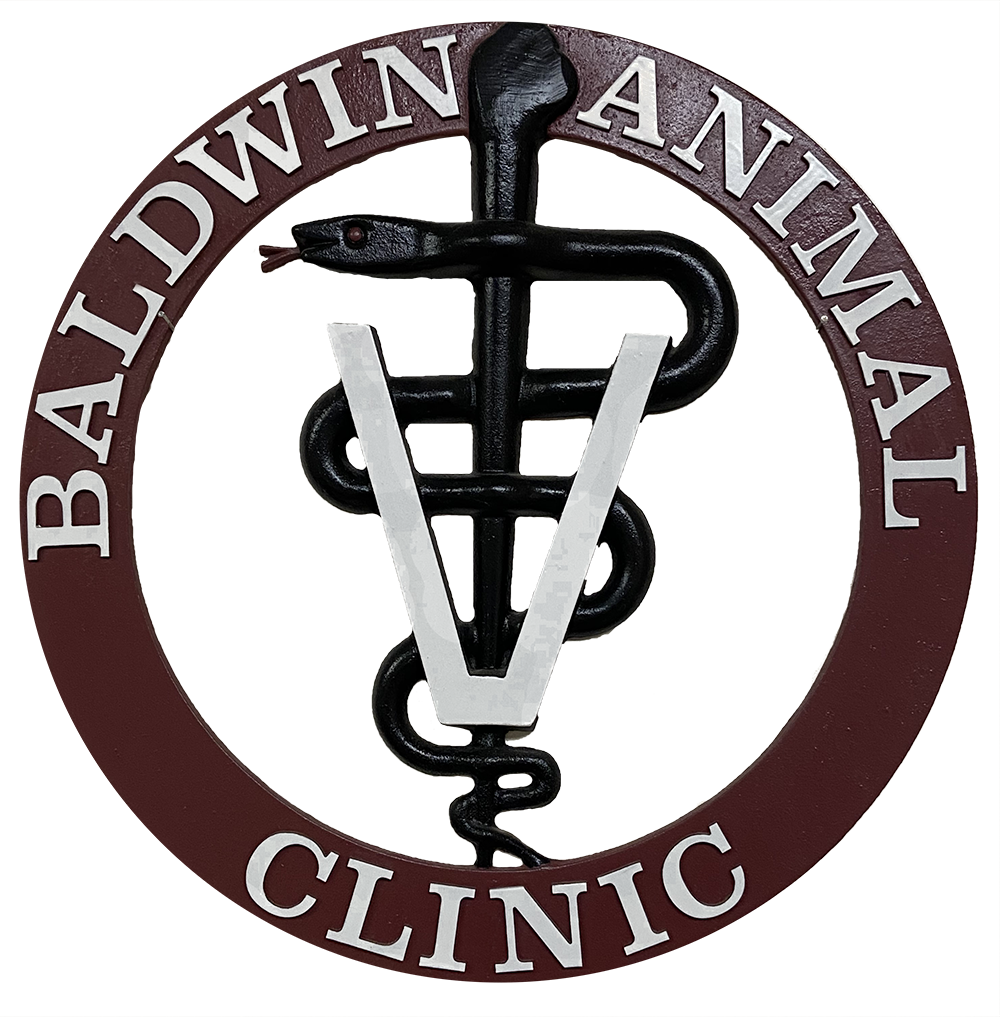Library
-
Many herding breeds (most commonly Collies and Australian Shepherds) have a mutation at the MDR1 gene that makes them more sensitive to the negative effects of certain medications. These drugs include several antiparasitic agents (when given at high doses), the antidiarrheal agent loperamide (Imodium®), and several anticancer drugs. The effects of the mutation vary in severity, depending on whether the dog carries one or two copies of the mutation. There is a cheek swab or a commercially-available test that assesses blood samples for the presence of the MDR1 mutation.
-
When a farrier shoes a horse, accurate placement of each nail through the insensitive epidermal laminae of the hoof is essential. The nail must penetrate deep enough to hold firm, but not deep enough to penetrate the sensitive laminae of the hoof.
-
True to his heritage and looks, the Neapolitan Mastiff can be a tough character. He's suspicious of strangers, aloof with acquaintances, but fiercely loyal to family. He's generally laid-back at home, and he doesn't bark a lot. Of course, when he does, you'll hear it.
-
Neutering and castration are the common terms used to describe the surgical procedure during which both testicles are removed to sterilize a male cat. Neutering is recommended to prevent urine marking and other territorial behavior, such as roaming and fighting with other cats, which increases the risk of contracting disease. Spaying and neutering our pets is a vital step in reducing overpopulation and crowding of shelters.
-
Neutering and castration are the common terms used to describe the surgical procedure during which both testicles are removed to sterilize a male dog. The consensus at this time is that neutering will increase the lifespan of a dog. It is also a vital step in reducing the overpopulation of dogs and the crowding of shelters. This operation requires general anesthesia and complications are rare. A rest period of 5–10 days is needed for recovery after surgery.
-
Newfoundlands are easygoing, face-washing people lovers and a great choice for the first-time dog owner who is not afraid of a little drool, a big dog, and a lot of hair.
-
I will fight him with both paws tied behind my back, I will! Yep, that is a Norfolk all right. Sometimes called a demon in the field, the Norfolk is a terrier through and through, with a feisty, scrappy spirit and plenty of energy for the next great adventure. She may be tiny, but buckle your seatbelts - you are in for a terrier of a good time.
-
Cheerful and highly active, Norwegian Buhunds form strong bonds with their families, and they love to snuggle and give kisses. They need plenty of exercise and stimulation, and love to play.
-
The Norwegian Elkhound may look threatening, but he can be a sweetie-pie to his people. Threaten those people, however, and this medium-sized, ancient Nordic breed is fully capable of acting as intimidating as he looks.
-
Lundehunds are very loving and playful; they form strong bonds, and prefer their own family to any other people. They are also curious and intelligent so they need plenty of engaging toys, and do well at agility training.

